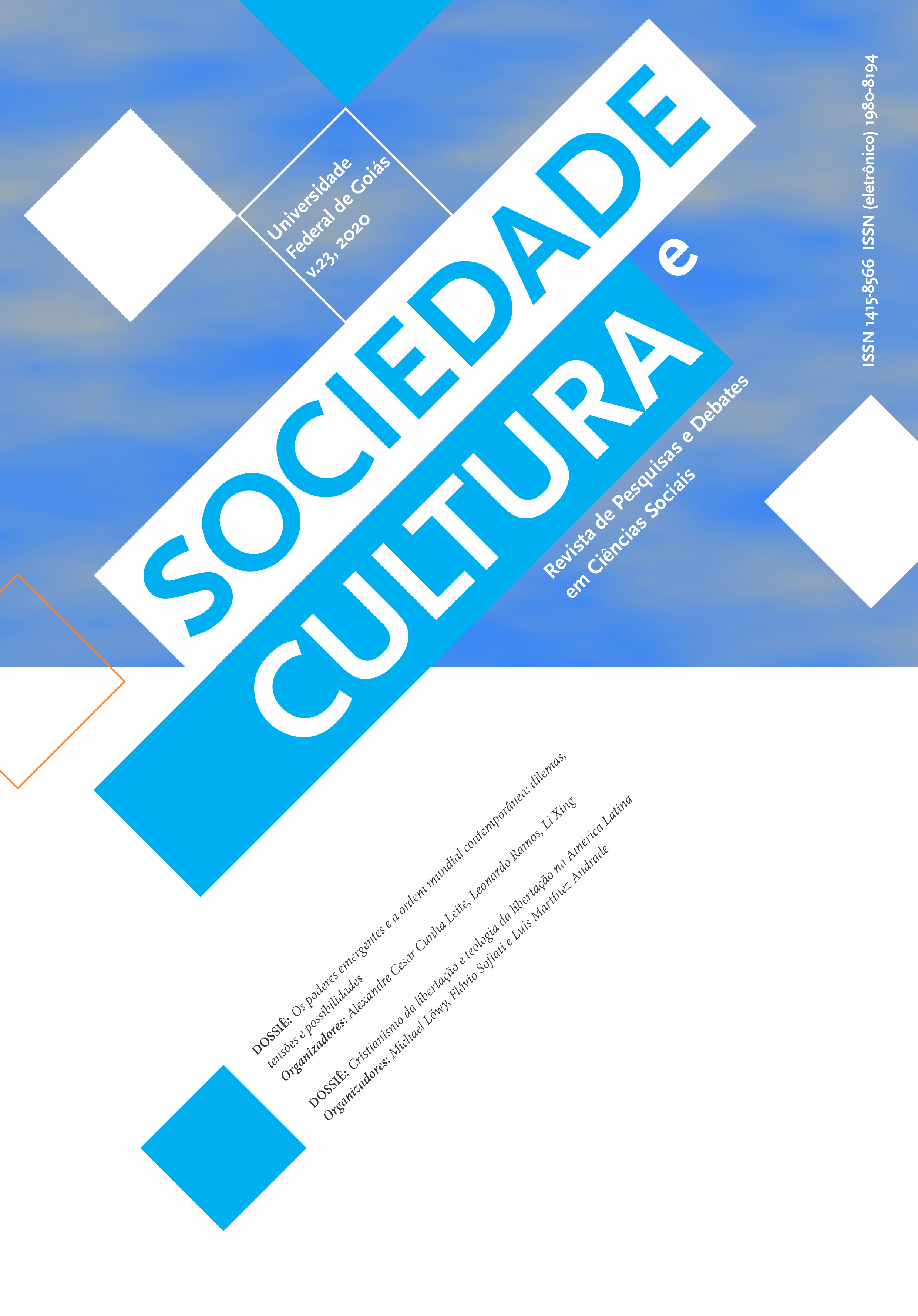Unfolding international development cooperation in energy efficiency programs
DOI:
https://doi.org/10.5216/sec.v23i.59592Abstract
How does international development cooperation (IDC) unfold in the domestic arena? More specifically, how priorities and dimensions addressed in cooperation agreements enter the domestic public policy agenda? This article seeks to present elements that respond to such questions, through qualitative analysis based on bibliography review and documental analysis of bilateral agreements on energy efficiency signed by Brazil with the developed countries, Brazilian national energy policies legislation implemented since the first oil crisis in the 1970s and the Brazilian National Plan on Climate Change. The goal is to identify the actors and the mechanisms by which those programs, which were originally structured in developed countries, spread to Brazilian energy policy and characterize the instruments, in this case, cooperation agreements between the parties. We investigate the stakeholders involved in the negotiations, the issues privileged, the sectors and topics covered as well as the financial sources of the projects negotiated. As a result, we highlight that IDC conditioned the content of energy efficiency programs (EEPs) adopted, signaling that Brazilian Foreign Policy (BFP) has a relevant role to play in energy politics in Brazil.
Downloads
Downloads
Published
How to Cite
Issue
Section
License
Authors who publish in this journal agree to the following terms:
- Authors retain the copyright and grant the journal the right of first publication, the work being simultaneously licensed under the Creative Commons Attribution License, which allows the sharing of the work with acknowledgment of authorship and of the initial publication in this journal;
- Authors are authorized to enter into additional contracts separately, for non-exclusive distribution of the version of the work published in this journal (eg, publishing in an institutional repository or as a book chapter), with acknowledgment of authorship and of the initial publication in this journal;
- Authors are allowed and encouraged to post and distribute their work online (eg, in institutional repositories or on their personal page) at any point before or during the editorial process, as this can bring productive change as well as increases the impact and the citation of the published work (see O Efeito do Acesso Livre).



